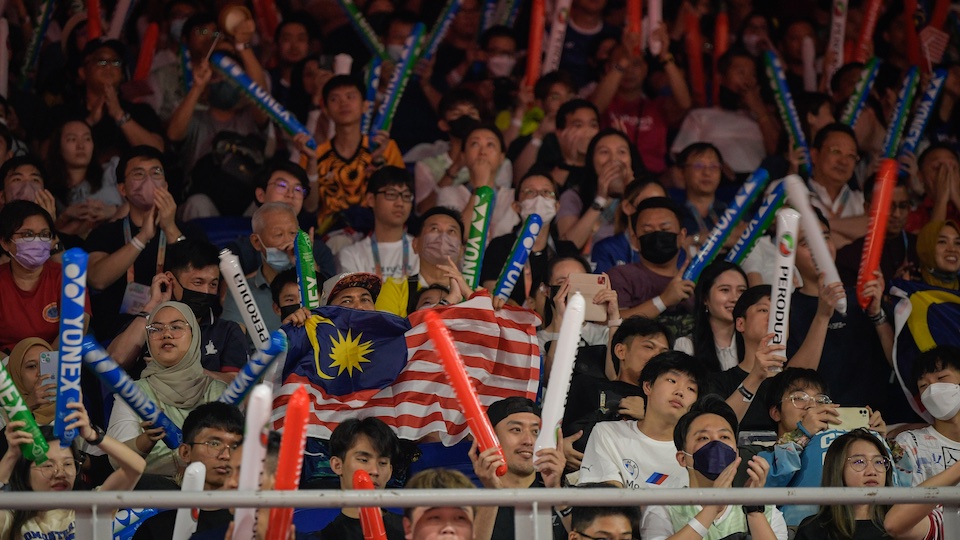Race relations have been no doubt, still an outstanding issue in Malaysia since independence culminating in a racial riot in 1969.
It has been a dark spot in our modern history eversince. No matter how pretentious we seem to be, it is boiling and continues to be one of the top rated threat to national harmony and security.
Racial sentiments are easily aroused by incidences where different races are involved on either side. The recent proposal for Bak Kut Teh to be endorsed as a heritage delicacy is a testimony to this.
This trend raises questions about identity, loyalty, and the complexities of race relations in our country. This article delves into the absurdity of such realities, examining the underlying factors and implications involved.
Malaysian Chinese in particular, often grapple with questions of identity and belonging. While they may have roots in the country, they are shaped by experiences and influences from multiple cultures. For many, maintaining connections to their ancestral homeland is important, but it should not overshadow their allegiance to the country.
Unity in diversity, as a symbol of our national pride, can serve as a litmus test for where one’s loyalties lie; be it in politics, economics, education and our multitude of daily life engagements.
A recent article published online by using the # NST Viral purportedly citing a TikTok survey shared by @Sgkakinang, a content creator from Singapore has certainly knocked on our consciences on the realities of race relations in Malaysia.
When 3 out of 7 Malaysian Chinese citizens interviewed, actively support China’s athletes over their own country’s team, it highlights a paradoxical allegiance. A question triggered.
While it is understandable to feel pride in the achievements of athletes from one’s ethnic background, prioritizing the success of a foreign nation over one’s own raises questions about loyalty and patriotism. The Olympics are not just about sports; they are a reflection of national identity and unity.
Contradictions in Loyalty:
The decision to support China’s athletes over those representing our country reveals contradictions in loyalty and identity. On one hand, Chinese may feel a sense of cultural affinity with athletes from China, celebrating their successes as a reflection of shared heritage.
However, this sentiment overlooks the broader context of national allegiance and the responsibilities that come with citizenship.
Supporting one’s adopted country in international competitions like the Olympics or any other sports event is a way of affirming one’s commitment to the nation and its values.
The Influence of Nationalism and Politics:
The absurdity of Malaysian Chinese citizens supporting China’s athletes can also be attributed to the influence of nationalism and politics.
In recent years, China has increasingly used sports, as in the economy, as a tool for soft power projection, investing heavily in its athletic programs to bolster its international image.
This concerted effort to promote national pride and prestige can resonate with members of the Chinese diaspora, leading them to rally behind Chinese athletes as a form of cultural solidarity.
Additionally, geopolitical tensions between the United States and China may further exacerbate this phenomenon, as individuals feel compelled to demonstrate their allegiance in the face of perceived threats or hostilities.
While it is natural for diaspora communities to maintain connections to their cultural roots, it is equally important for them to integrate and accept the realities in the country where they were born and lived as citizens.
This process involves embracing the values, customs, and traditions of the host country while still honoring one’s heritage. Not the otherway round.
Supporting the national team in events like the Olympics is a tangible expression of this integration, signaling a willingness to contribute to the collective identity and success of the nation.
The absurdity of Malaysian Chinese citizens supporting China’s athletes in the Olympics underscores the complexities of diaspora identity, loyalty, and nationalism.
While it is natural to feel pride in the achievements of athletes from one’s ethnic background, this sentiment should not override one’s allegiance to the country they claimed to be a citizen.
The Olympics serve as a reminder of the importance of national unity and solidarity, transcending individual affiliations and cultural ties. Moving forward, diaspora communities need to navigate these complexities with a sense of balance, embracing their heritage while also embracing their role as citizens of Malaysia.
Mohd Roslan bin Mohd Saludin
Research Fellow
The Future Research

